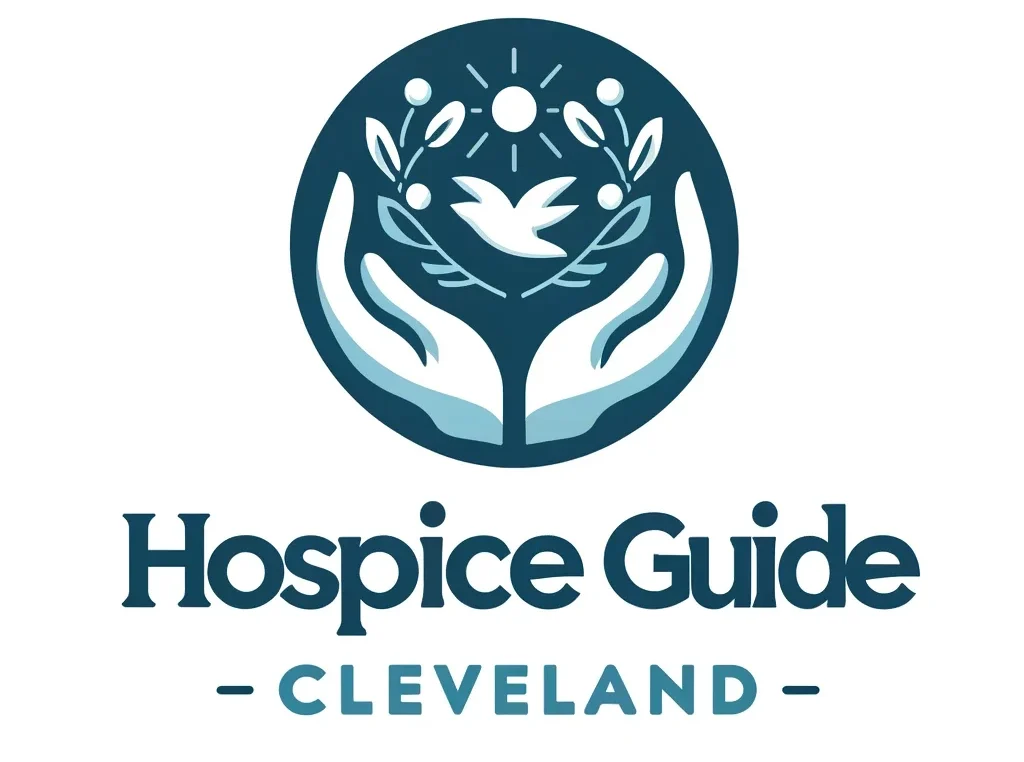In the realm of hospice care, professionals navigate complex legal requirements and ethical principles that affirm respect for patient autonomy and informed decision-making.
This section explores the delicate interplay between legal mandates and the ethical dilemmas arising at the end of life.
Ethical Dilemmas in Hospice Care
Ethical dilemmas in hospice care are multifaceted, often centering around issues such as autonomy, euthanasia, and physician-assisted suicide.
Challenges arise when respecting patient autonomy conflicts with professional assessments of beneficence and nonmaleficence.
Hospice providers confront tough decisions, like whether to continue treatment that may no longer provide benefit or to allocate scarce resources, which may result in an unequal distribution of resources.
Legal Considerations and Legislation
Legislation has a significant impact on hospice care, with laws varying across jurisdictions but sharing a common goal of protecting patient rights.
Advance directives and living wills are legal tools that ensure patient wishes are respected, particularly regarding withholding and withdrawing treatment.
Legislation such as the Patient Self-Determination Act (PSDA) empowers individuals to make decisions about their medical care, including the choice not to pursue aggressive treatment.
The intersection of legal considerations and hospice care can be intricate, with professionals needing to strike a balance between following legal precedents and providing ethically sound care.
Advance Care Planning and Directives
Advance care planning is critical in hospice care, facilitating discussions and documentation of patients’ wishes through advance directives, living wills, and power of attorney arrangements.
This process supports surrogate decision-making and expedites clear directives for scenarios where patients cannot speak for themselves.
By delineating preferences for future health care decisions, individuals assert their choice and autonomy, guiding clinicians through legally and ethically challenging decisions about end-of-life care, such as considerations around withdrawing treatment.
Communication and Decision-Making

Effective communication and decision-making are critical components in hospice care, particularly as they relate to end-of-life considerations.
They require clear communication skills, ensure respect for patient autonomy, and involve making difficult choices regarding treatment and care.
Navigating Difficult Conversations
- Truth Telling: Transparency is vital when discussing diagnoses and prognoses with dying patients, ensuring they are aware of their condition in a compassionate way.
- Advance Directives: Proper discussions about living wills and other advance directives facilitate understanding of a patient’s wishes for end-of-life care.
Discussing end-of-life options is a delicate process that necessitates honesty while balancing the emotional impact on patients and their families.
A hospice care provider must possess strong communication skills to navigate these difficult conversations, sensitively addressing topics such as DNR orders (Do Not Resuscitate) and potential interventions.
The Role of Surrogates in Decision-Making
- Surrogate Decision-Makers: When patients are unable to make decisions, a surrogate, usually identified through a power of attorney, steps in to make health care decisions in line with the patient’s wishes.
- Limitations and Responsibilities: They must understand the limitations of their role and respect the choices outlined in advance directives.
Surrogates play an essential role in decision-making when patients lack decision-making capacity.
It’s crucial for surrogates to comprehend the patient’s values and preferences for end-of-life care. This might include choices regarding life-sustaining treatments or palliative care options.
Assessing Patient Autonomy and Capacity
- Evaluating Capacity: Health care providers must regularly assess a patient’s ability to understand the implications of their choices and if they can communicate their wishes clearly.
- Promoting Autonomy: Upholding autonomy involves honoring the patient’s choices, documented in advance directives or conveyed through conversation, as long as they have the capacity to do so.
Determining a patient’s decision-making capacity is complex and requires careful consideration.
When patients retain the capacity, their autonomy must be respected and supported. If their capacity is compromised, the previously expressed wishes in their living will should guide the care provided.
Frequently Asked Questions

In this section, we address prevalent concerns surrounding legal and ethical aspects of hospice and end-of-life care, with an emphasis on decision-making processes and provider responsibilities.
What are common ethical dilemmas faced by healthcare providers in end-of-life care?
Healthcare providers often encounter ethical dilemmas such as balancing truth-telling with not causing harm.
Professionals grapple with the complexity of respecting patient autonomy while addressing family concerns and interpreting the patient’s best interests. For more information, the National Hospice and Palliative Care Organization (NHPCO) offers a guide.
How do laws vary by region in regards to end-of-life decision-making?
Laws impacting end-of-life care, including advanced directives and living wills, vary significantly by region.
These legal documents enable patients to outline their preferences for care in case they become unable to communicate their decisions. The introduction and recognition of such directives are governed by state-specific legislation.
What role does informed consent play in hospice and palliative care?
Informed consent is fundamental in hospice care as it ensures that patients understand their prognosis, available treatments, and potential outcomes.
This consent is crucial for actions ranging from initiating hospice care to specific medical interventions throughout the process.
How is the principle of autonomy applied in the context of end-of-life care?
Autonomy in end-of-life care empowers patients to make informed decisions regarding their treatment preferences.
Tools like power of attorney appoint a trusted individual to make decisions on the patient’s behalf if they are unable to do so themselves, thus preserving their autonomous wishes.
What are the legal responsibilities of healthcare providers when administering end-of-life care?
Healthcare providers have the legal responsibility to adhere to the patient’s advanced directives and to act within the scope of their professional practice and state laws.
They are also obliged to ensure that patient care is ethical and complies with both legal and organizational policies.
How do hospice care providers address issues surrounding patient capacity and decision-making?
Hospice care providers must assess a patient’s capacity to make informed decisions. If a patient is found incapable, the provider must refer to the patient’s advanced directives.
They may also collaborate with those possessing the legal authority, such as power of attorney, to make decisions respecting the patient’s established wishes and best interests.
